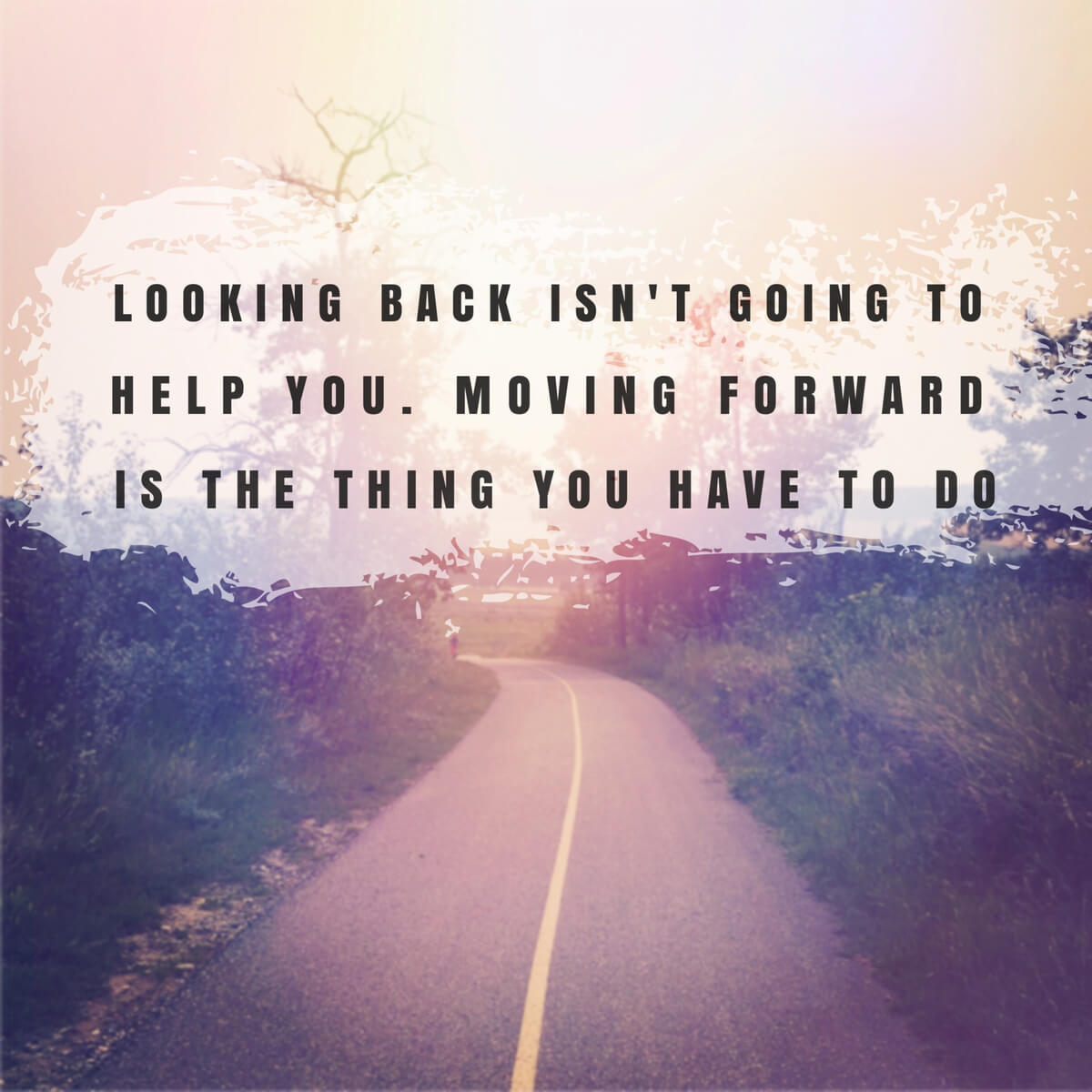
What happens when things do not go smoothly? What happens when things do not go our way? Stress levels rise.
February 23, 2022
Think about the turmoil in your life. The things that are stressing you out. Are you stressing out because of a decision that you “need” to make or is it really the resistance to change that you are fighting? The things that you are just uncertain about or confused about what to do next. Some of you need to take a few deep breaths right now.
Breathe in deeply through your nose for a count of 5 and exhale through pursed lips of a count of 6. Do this 5 times. Now, you can settle down and focus. You realize that “it” is not happening, right now and you are okay. Why would I want you to be able to focus? Why would I want you to realize that you are okay?
Our Individual Resistance when we are in the Big Middle of a Mess
Because things run together. They get intertwined and become a big mess with you in the middle of the situation. You cannot think straight when you are in the big middle of a mess. Most of us do not like messes. We like it when things go smoothly and we especially like it when things go our way. I have a resistance to change and I know that about myself. So, I have to manage resistance. I have to stop and figure out why I am resisting. Most of the time, it is because I don’t want to change. I can change and I can manage change. I had to realize that for me to have a successful change, I had to see the benefit.
What happens when things do not go smoothly? What happens when things do not go our way? Stress levels rise. Reactions take priority over a plan. WTF, gets said multiple times. Dammit and shit are said a lot too. You may or may not say them out loud, but you sure are thinking them. It is okay, it can be a stress reliever and give you enough time for your thinking brain to catch up to your reacting brain. I know, friggin’ amygdala.
We have heard the phrase, what we resist, persists. Carl Jung is apparently the one who first stated this principle. Resistance is what stops us from getting things done. We use excuses, justifications, procrastination, perfectionism and even the voice in our head that is telling us that we aren’t good enough or we don’t have enough time. It also tells us other things, but you get the idea. Sometimes, you have to tell that inner critic to shut up.
Why we have Resistance to Change
We have resistance because we are afraid of something. We have resistance because we need to make some kind of change. We do not like change. It is hard and it takes energy to change. Resistance will always rear its ugly head when there is something that will need our energy and attention. We would be better if we learned to “let go” or let things be, just as they are. No judgement allowed. The goal is accepting things, just as they are, right now. If you keep resisting, then all of your focus and energy is going to something that you do not want.
Learn to refocus your energy and focus on what you DO want. You don’t give up. You won’t give up. It is not in your nature. Persistence is a good thing, especially if you are a helper or care giver. Look for the benefits.
Recognize when Resistance Occurs
Recognize your resistance triggers and when they will show up. Be curious about them. We all have them. The question becomes, will we give up or will we move forward? Visualize the success in your mind. Set your personal goals. That is all you have control over, anyway. Decide how you will act during a tough time. Maybe, you will need to take 5 – 10 minutes to gather your thoughts and figure out the next best step. No, not the whole plan. Just the next step.
When you find yourself in the middle of a crap storm, look around, take inventory. Is anyone in mortal danger? Is any one about to die? If not, then you have time to take a few minutes to see how best to proceed. I know you want the pain to stop. We all do. That is part of the resistance, we do not like change or the unknown it takes energy and time.
Some signs you may be in a resistant mode:
-
- You procrastinate
-
- You are too busy
-
- You are impatient
-
- You forget things
-
- You are not organized
-
- You feel stuck or paralyzed
-
- You are very impatient
-
- You can’t or won’t make a decision
-
- You find a reason Not to act
-
- You complain a lot
-
- You become defensive
-
- You look for limitations and barriers
-
- You avoid people or change
Antidotes to resistance:
-
- Acceptance of how things are, right now
-
- Observe and acknowledge how you are feeling
-
- Let go of blame or judgement
-
- Move – walk, run, work out, hike
-
- Take the next step forward
You may have to start with accepting that you are not ready to accept what is. We resist because we don’t want to deal with “it.” We are fearful of the outcome. We may know intellectually what the outcome may be, but we are not emotionally ready for the outcome. It won’t go away. Get comfortable with being uncomfortable. Feeling out of control is another trigger.
Find the lesson
Find the lesson. There is always a lesson that we are supposed to learn. A lesson about ourselves. A lesson about our loved ones. A lesson about trust. We do have a choice. We can choose acceptance and move forward. It won’t be easy, but you can do it. Acceptance never means giving up. It means finding new ways to have the best quality of life possible for you and your loved ones.
I am more of a “see where we are and what needs to be done,” kind of care giver. I don’t deny the facts, but I sure won’t give up either. We can no longer do it this way, so what about trying the other way? Focus on your realistic goals and options. You only have so much energy every day, don’t waste it on things that are not changeable or cannot be changed.
You never have to like what you are accepting, you are just no longer fighting it
You don’t have to be okay with the “thing” that you are accepting. It doesn’t even mean that you feel good or peaceful about it. It requires courage to face the reality of “what is, right now.” Maybe, the word acknowledging is better than acceptance in some situations. It is okay to hate it and not know what to do. Use a person to be your sounding board so you can work through scenarios. Ask for input or suggestions, realizing that you get to choose to use that information or not.
Are you ready to make some kind of change?
-
- Identify your “want” in the change (not the should)
-
- Give yourself time to prepare for change
-
- Visualize your life during the change and after the change
-
- Prepare for set-backs and moving forward again
-
- Be kind to yourself and acknowledge all of your victories (both large and small)
- Create an action plan (Empowering Health Options does this, too)
Pat




